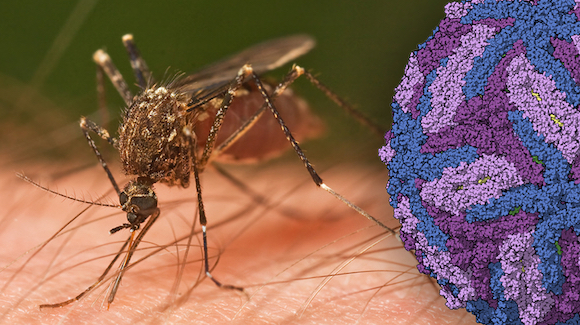NEW YORK (Reuters Health) – Vaccinating pregnant women against influenza is a highly effective way of keeping their infants from being hospitalized with influenza in the first six months of life, results of a case-control study indicate.
In the December 15 issue of Clinical Infectious Diseases, the study team notes that infants younger than one year old are at high risk of hospitalization due to influenza. US federal health officials currently recommend inactivated influenza vaccine for all pregnant women and children, expect for infants younger than six months of age.
The few studies that have assessed whether vaccinating pregnant women may protect this vulnerable group through transfer of antibodies from the mother have yielded mixed results.
To investigate, Dr. Marietta Vazquez and colleagues from Yale University School of Medicine in New Haven, Connecticut, conducted a matched case-control study of infants at Yale-New Haven Children’s Hospital.
Cases comprised 113 infants younger than 12 months with laboratory-confirmed influenza from 2000 to 2009. Controls comprised 192 infants who tested negative for influenza and were matched by date of birth and date of hospitalization (within 4 weeks).
According to the investigators, the mothers of 2 (2.2%) of 91 case infants and 31 (19.9%) of 156 control infants younger than six months old, and 1 (4.6%) of 22 case infants and 2 (5.6%) of 36 controls infants aged six months or older, had received influenza vaccine during pregnancy.
The unadjusted efficacy of influenza vaccine given to mothers during pregnancy in preventing hospitalization for influenza among their infants was 90.7% for infants younger than six months old. The protective effect was retained (91.5%) in analyses adjusted for potential confounding factors.






